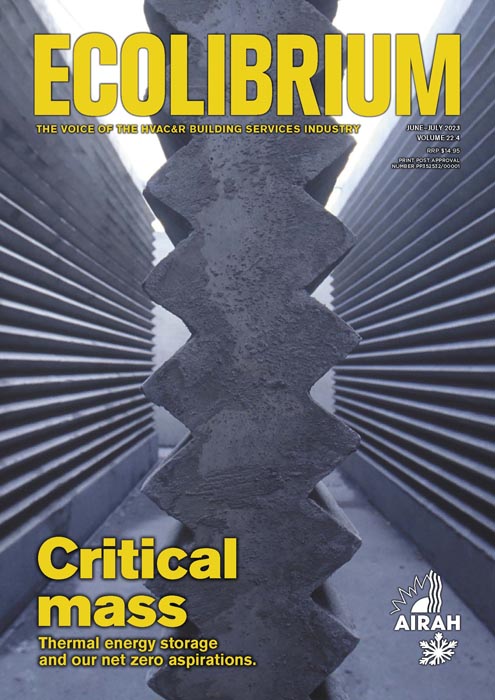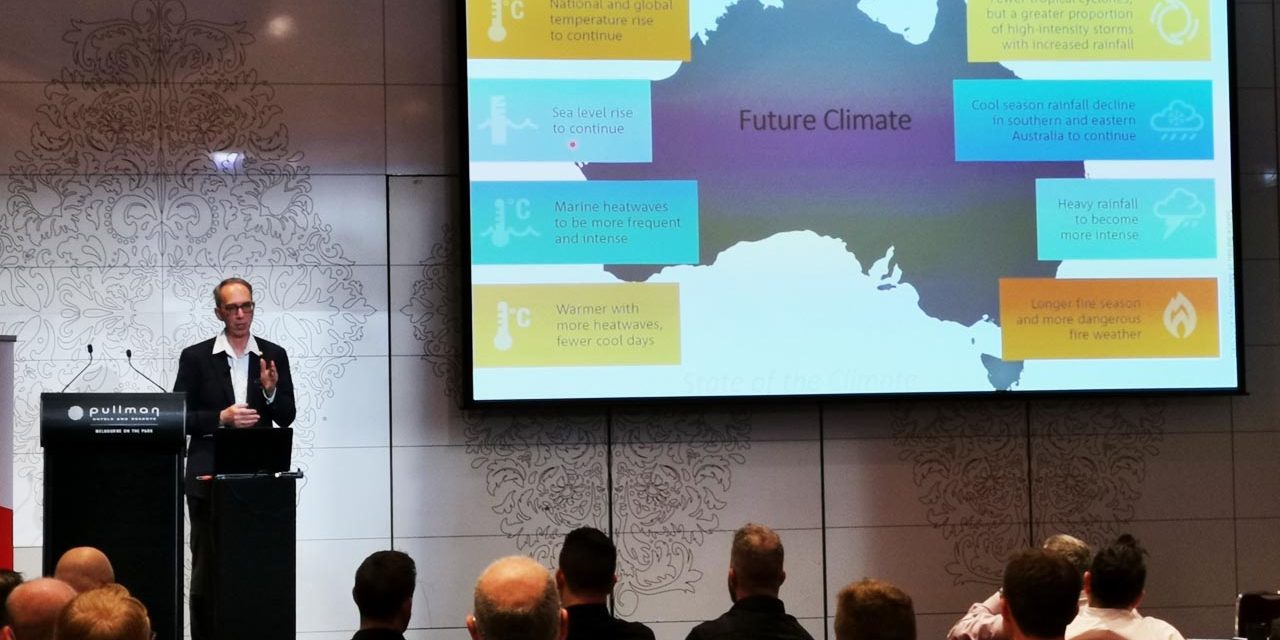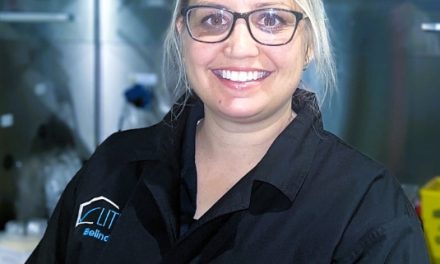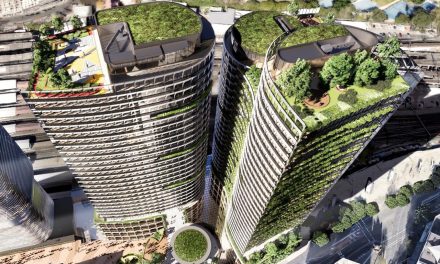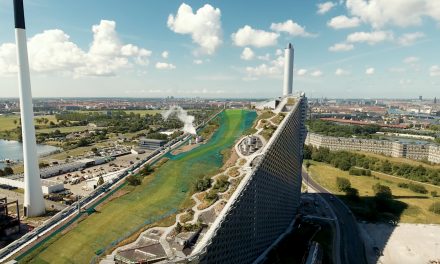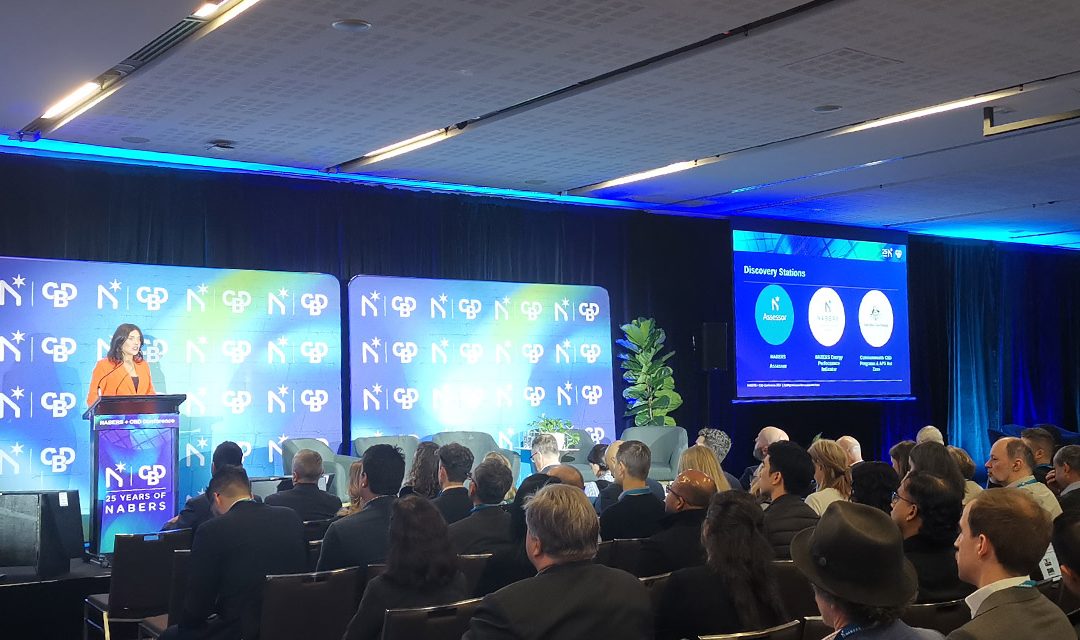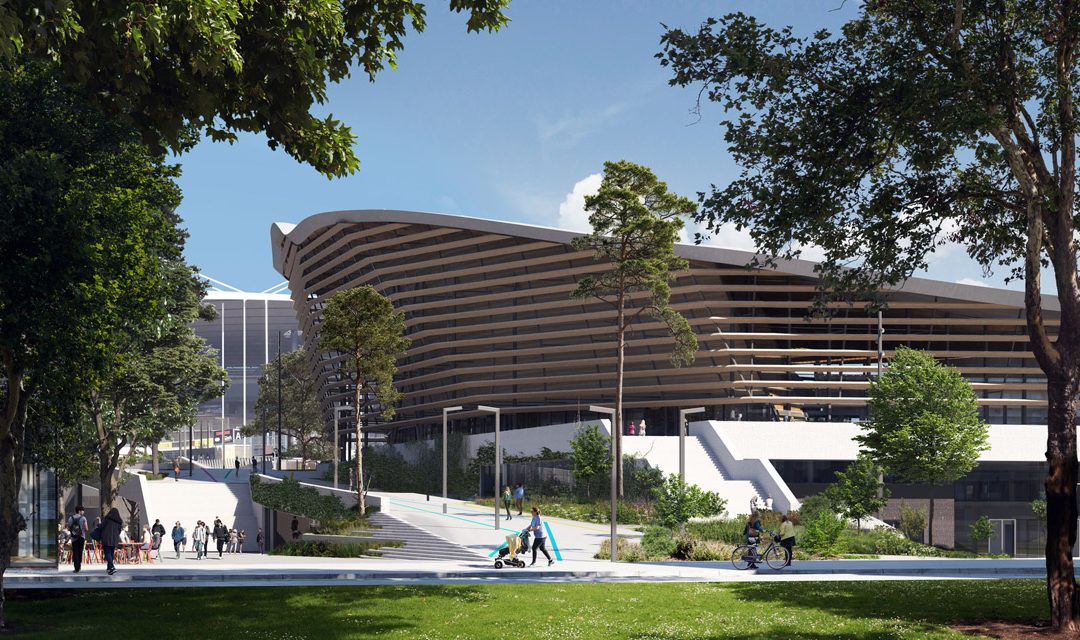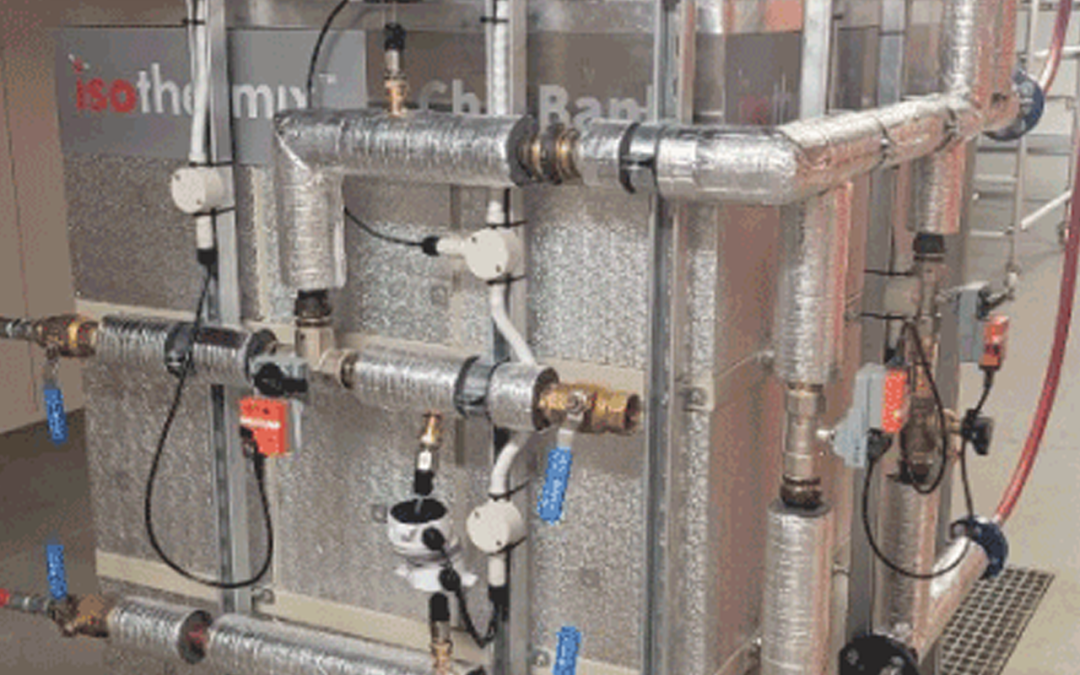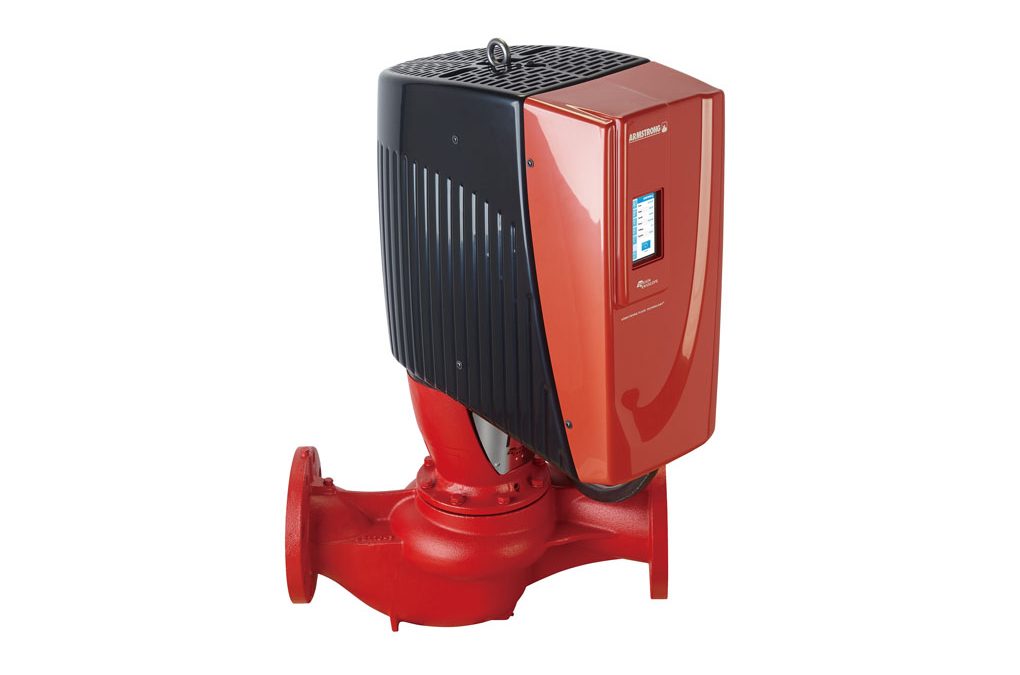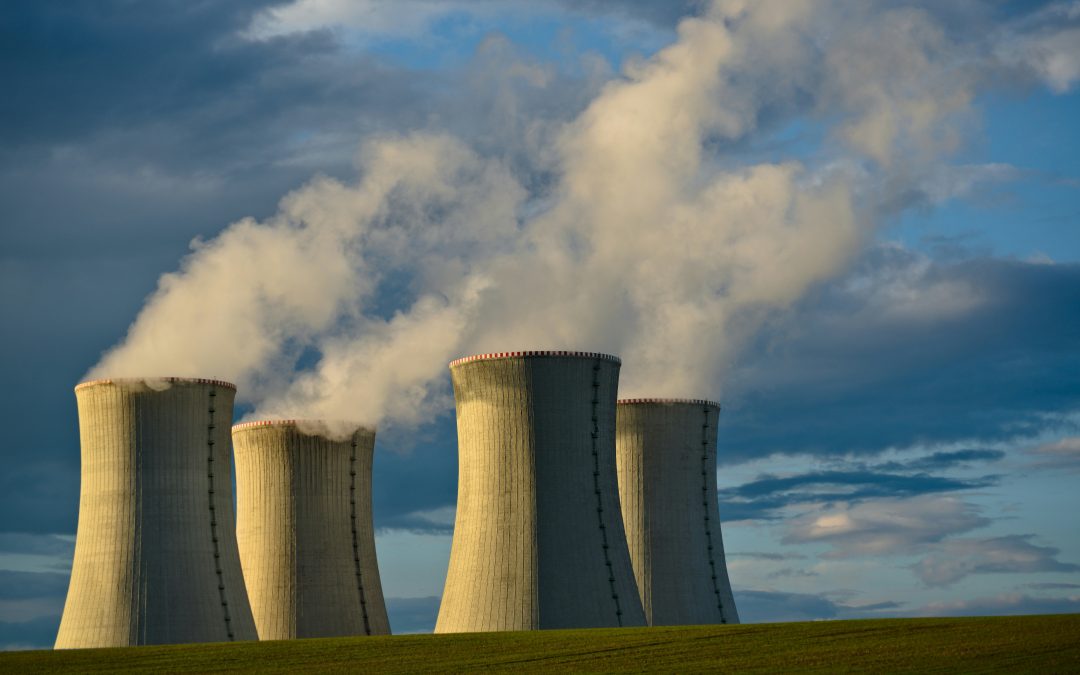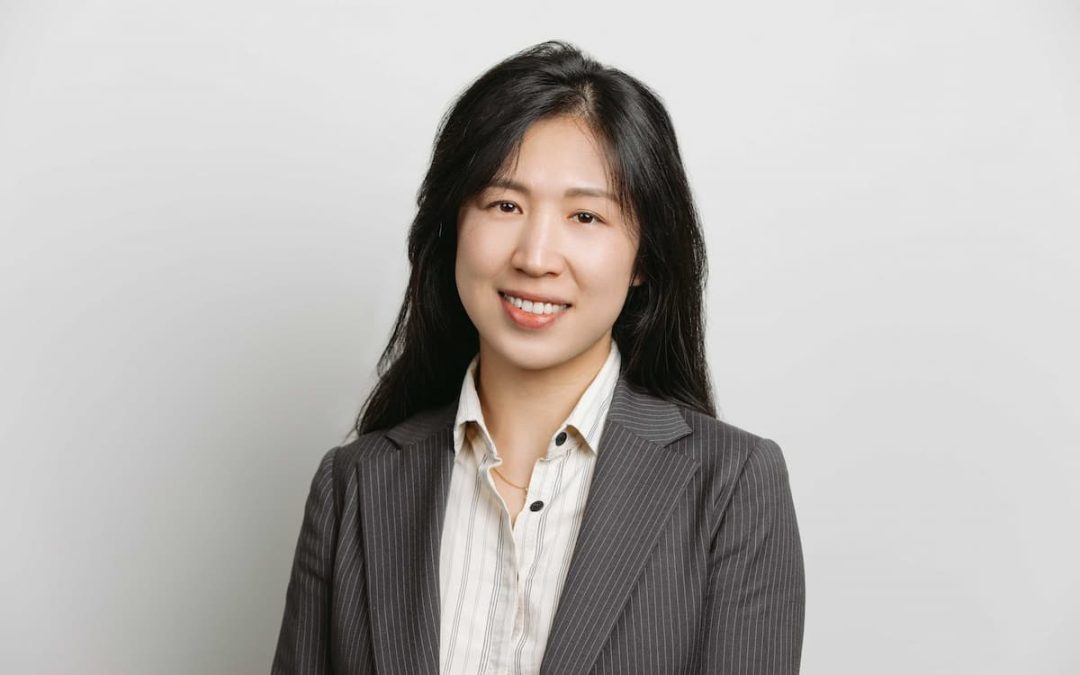A recent event in Melbourne explored how the themes of sustainability and indoor air quality are intrinsically linked.
In late May, the Restoration Industry Association (RIA) and Indoor Air Quality Association of Australia (IAQAA) organised a one-day event in Melbourne to discuss indoor air in the context of an ever-changing world.
Under the broad theme “Adapting to the Future”, speakers discussed how to create buildings that are healthy for both the entire planet as well as individual occupants.
There’s no sugar-coating it
Professor David Karoly from the School of Geography, Earth and Atmospheric Sciences at the University of Melbourne did not sugar-coat his keynote message. Far from sticking to the Paris Agreement goal of keeping average global temperate rises below 1.5°C over pre-industrial levels, many models are now predicting rises of 2–2.5°C. And, Professor Karoly noted, Australia will likely be at the worst end of the scale in terms of extreme temperature days, rainfall reduction, and bushfire risk.
International WELL Building Institute Vice President Jack Noonan switched the focus to buildings and the role they play in our lives. He noted that our physical and psychological environment is the biggest contributor to our wellbeing, and quoted Joseph Allen, a professor of public health at Harvard University, who said “the person who manages your building has a bigger impact on your health than your doctor”.
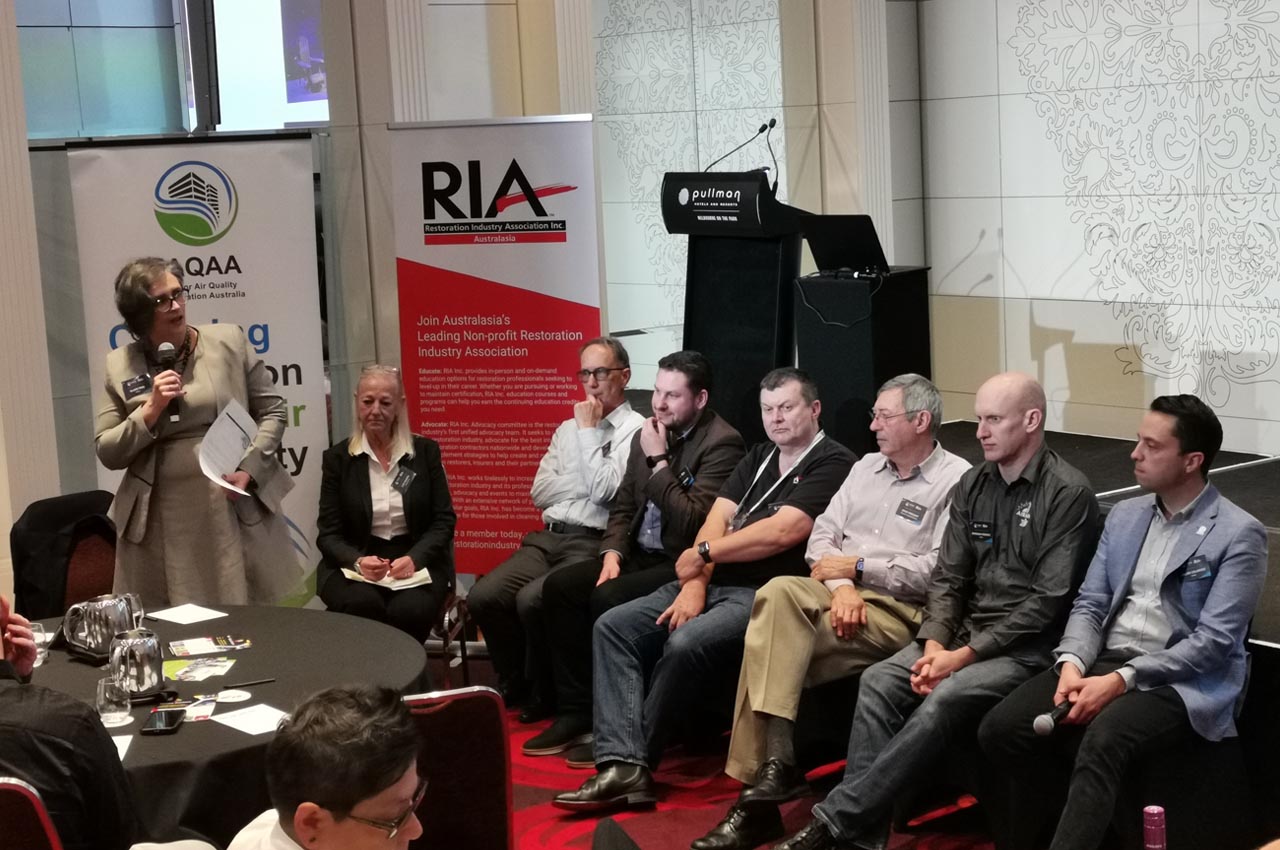
A nerdy dive into IAQ
He was followed by Brad Prezant, Affil.AIRAH, from Prezant Environmental, who took the audience on what he called “a nerdy dive into the intricacies of indoor air quality”. This included a potted history of IAQ standards and ventilation rates, and the latest work on ASHRAE’s new standard for pathogen mitigation. Lisa Rogers from Mycometer then shared groundbreaking work on measurement of mould and allergens.
A panel discussion followed, which included the above speakers as well as LITMAS technical and managing Director Claire Bird, Affil, AIRAH; RIA Australasian president Owen Boak; IAQAA president Julien Colangelo, Affil.AIRAH; and AIRAH education and technical services manager, Brendan Pejkovic. They spoke about the challenges of making buildings that are both sustainable and healthy, in terms of the workforce, standards and codes, the different sectors of the market, and the broad spectrum of stakeholders.
A new hope
The final – hopeful – word went to Professor Karoly, who reminded the audience of the Montreal Protocol as an example of government and industry working together to great effect.
“We can get a result in this space too,” he said.
Like to know more?
For more on IAQ, consider attending the AIRAH Indoor Air Quality Conference – go to www.airah.org.au/iaq
